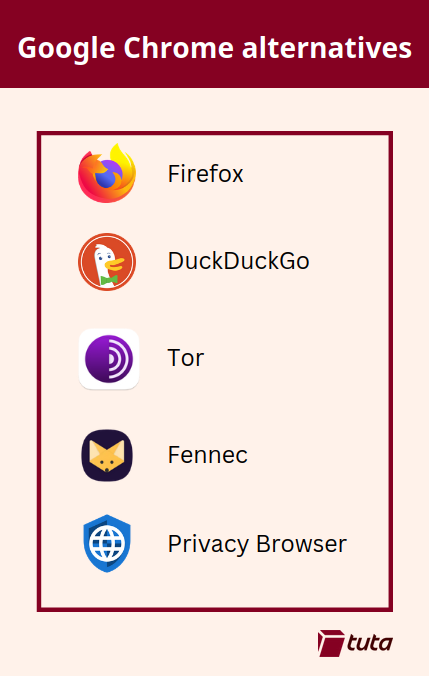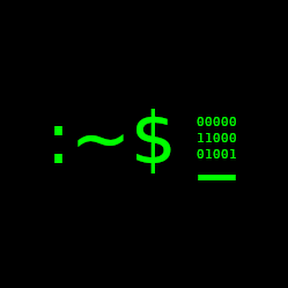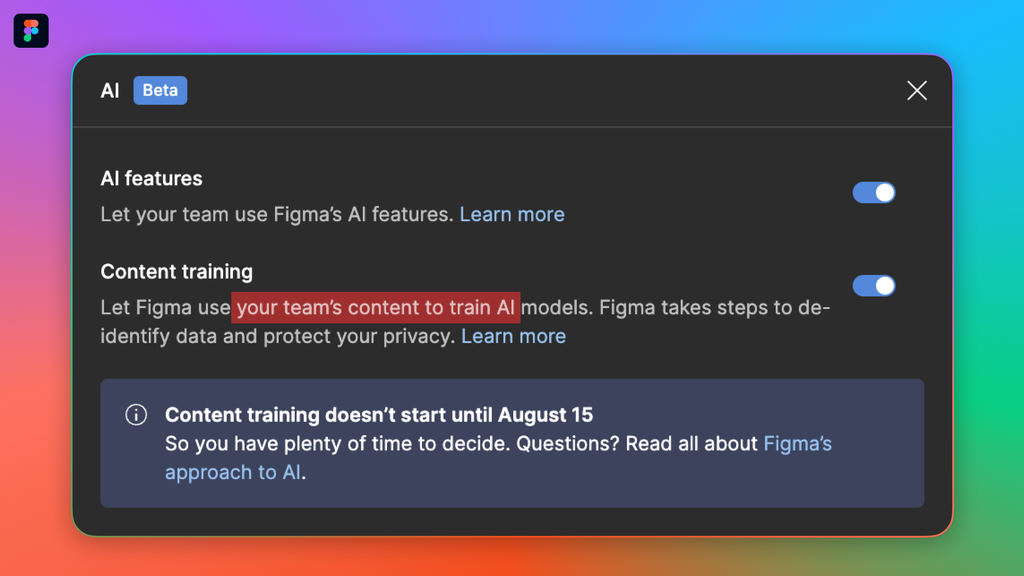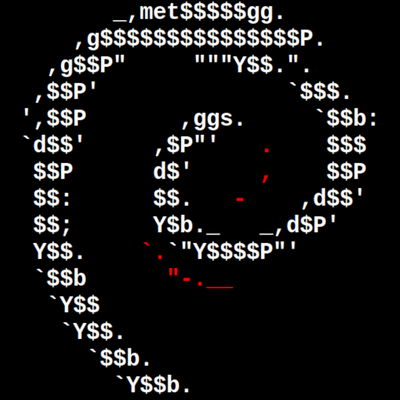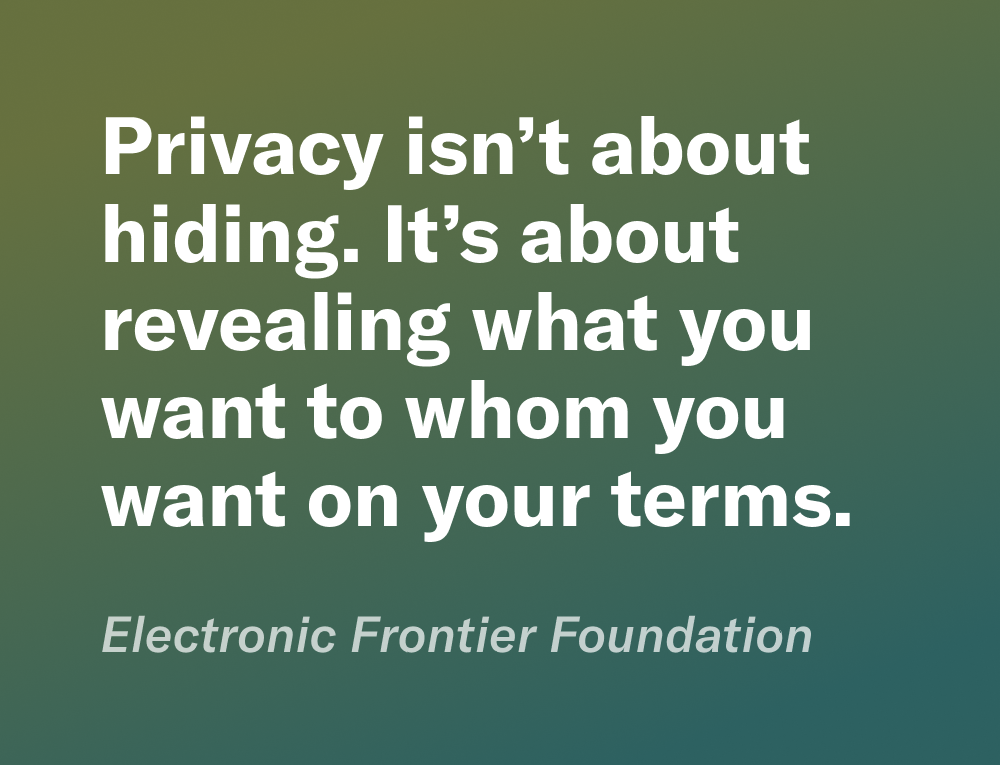Het kan altijd gekker: Banken willen toegang tot social media en ip-adressen voor monitoring: https://www.security.nl/posting/851497/Banken+willen+toegang+tot+social+media+en+ip-adressen+voor+monitoring #privacy #surveillance #TheWolfbergGroup
#privacy
See tagged statuses in the local bookrastinating.com community
Google drops it's plan of disabling 3rd-party tracking cookies by default in Chrome. 🍪
Looking for a Chrome alternative? Check out our recommendations.
👉 https://tuta.com/blog/best-private-browsers
#browser #email #privacy #encryption #foss #cookies
📺 Imperfect, Linux-powered, DIY smart TV is the embodiment of ad fatigue | Ars Technica
「 We’re at the point where someone would rather use a broken laptop dangling off a TV than be subjected to the watchful eye of the TV's native operating system 」
Unpopular opinion: The alarm over #PPA in #Firefox is overblown and if they had added it without putting the setting prominently in the Settings view but tucked it away in the about:config, I doubt anyone would be talking about it. The concerns about opt-in vs opt-out and communication are legitimate, IMO. PPA is arguably a potential privacy improvement for the industry. After reading more about how it works, I'm not mad about it. I just wish it had been communicated better.
Hi @mozilla, can you please explain why you think it's okay to add a setting like this and turn it on by default?
Especially when the user has already set their Browser Privacy setting to 'strict'?
#FTC audit of websites and apps finds three-fourths use dark patterns to trick consumers
The two types of dark patterns found to be most frequently used were "sneaking practices" and "interface interference"
Sneaking practices = "obscuring or postponing the sharing of information that might influence consumers’ purchasing choices"
Interface interference = "tactics which hide critical information or “preselect” choices, pushing consumers to make decisions favorable to a given company."
My favorite dark pattern is where you opt-out of something, or never opt-in, and they do the thing anyway.
https://therecord.media/ftc-audit-finds-dark-patterns-global
The Heritage Foundation - 72,004 breached accounts #cybersecurity #infosec #privacy #news https://haveibeenpwned.com/PwnedWebsites#TheHeritageFoundation
PSA: Voting on polls in Matrix chat **is not anonymous.** When you vote on a poll, your client sends a Matrix event specifying which event you chose. This event it tied to your account. Element by default does not display this info, but if you run `/devtools` and switch on developer mode, you can see the poll response events, who sent them, and what time they were sent. By inspecting the source code of the poll and the poll response events, it's fairly easy to see who voted what, and when. (Element even has a built-in tool for viewing this source code.)
For most polls this probably isn't a problem, but if you need a poll to be anonymous, use something else.
(This isn't meant to be a dig at Matrix or Element, I use Matrix for chat daily and will continue to do so. Just be aware of the …
PSA: Voting on polls in Matrix chat **is not anonymous.** When you vote on a poll, your client sends a Matrix event specifying which event you chose. This event it tied to your account. Element by default does not display this info, but if you run `/devtools` and switch on developer mode, you can see the poll response events, who sent them, and what time they were sent. By inspecting the source code of the poll and the poll response events, it's fairly easy to see who voted what, and when. (Element even has a built-in tool for viewing this source code.)
For most polls this probably isn't a problem, but if you need a poll to be anonymous, use something else.
(This isn't meant to be a dig at Matrix or Element, I use Matrix for chat daily and will continue to do so. Just be aware of the limitations of the software you use.)
#matrix #element #polls #security #privacy #anonymity #chat #linux
#Discord Voice and Video #E2EE is hitting in experimental phase
https://discuss.techlore.tech/t/discord-voice-and-video-e2ee-is-hitting-in-experimental-phase/9103
UBlock Origin is now blocking polyfill.io
Your regular reminder that AdBlockers are not just for hiding banner ads, they are also an indispensable tool for #privacy and #security
https://github.com/uBlockOrigin/uAssets/commit/91dfc54aed0f0aa514c1a481c3e63ea16da94c03
/cc @AmeliaBR
#polyfillio #ublock #supplyChain #polyfill #uBlockOrigin #adBlocker
New ALPR Vulnerabilities Prove Mass Surveillance Is a Public Safety #Threat
Automated license plate readers (ALPR) can fingerprint citizens' vehicles and can track citizens' travel patterns.
Some ALPRs themselves don't appear to be designed with much #security in mind either; having pretty high vulnerabilities like insufficiently protected credentials. Or every camera having Wi-Fi on by default and using the same _hardcoded_ password.
There's also the issue of a potential #data breach or failed administrative controls surrounding disclosure of information (like when an Ohio police department gave a driver's ALPR scans to a total stranger, without even validating the requestor's identity.)
#firefox #privacy and #usability tip:
I found that turning off the ResistFingerprinting config option and removing the "Toggle Resist Fingerprinting" addon and instead using #CanvasBlocker fixed a lot of broken sites, particularly because it allows me to turn off protection for the handful of sites that don't work well otherwise.
Data profiling by political parties is mostly guesstimation of who you are.
Machine-born caricatures guiding an industry that's capable of political interference, eventually looping back into voter behaviour.
Data protection hands power back to voters.
Read our latest blog ⬇️
#GeneralElection #DigitalRights #DigitalRightsAreHumanRights #privacy #dataprotection #GDPR #ukpolitics
https://www.openrightsgroup.org/blog/no-data-protection-no-democracy/


